If you are planning a trip to Poland or maybe even considering moving there, you might have questions or concerns about the safety of the tap water. The EPA (Environmental Protection Agency) regulates tap water in the United States, but is there a similar institution to vouch for the safety of tap water in Poland?
In this article, we’ll discuss:
- Poland water quality report
- Top Polish cities with the cleanest water
- Source of Poland’s tap water
- How tap water is treated in Poland
Is Poland Tap Water Safe to Drink?
Tap water in Poland is safe to drink. The European Union (EU) regulates water in Poland and all other EU countries, and Polish tap water meets all European Union standards.
These standards are even stricter than the World Health Organization (WHO) standards and more comprehensive than the Clean Water Act in the United States.
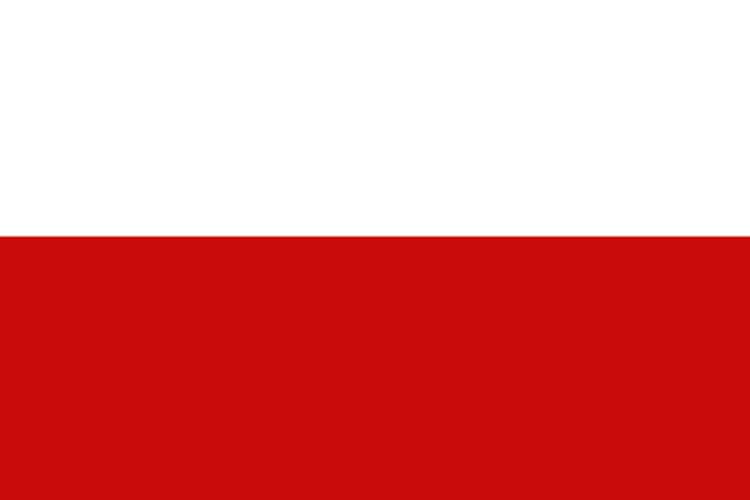
About fifteen years ago, there was some controversy among Polish citizens over the drinkability of their tap water. Many Polish citizens feared that the water was too contaminated and too full of chlorine.
However, in the last ten years, a concerted effort has been made to promote the benefits of tap water in Poland, and now most citizens drink directly from the tap.
The only concern about the quality of tap water in Poland these days is the age of the pipes that the water comes through. Pipe contamination is a risk in some buildings in Poland.
If a building has old pipes, some contaminants can leach out of them if the water sits in them for a long time.
Contaminants from pipes can include lead, cadmium, copper, and vinyl chloride. Rust can turn the water brown and give it a metallic aftertaste.
In buildings with old or rusty pipes, it is advised to let the water run for a minute or two before using it to clear out any stagnant water that may have been sitting for a while. In buildings with new pipes, this is not necessary.
Is Poland’s Water Hard or Soft?
The tap water in most polish cities is hard, or very hard, meaning it has high mineral content.
High mineral content in water, however, is not dangerous. It can even be beneficial. We need certain minerals to remain healthy.
In Krakow, tap water contains 365 mg/l of minerals, compared to only 181 mg/l of minerals in bottled spring water. Krakow tap water is also a better source of magnesium than most bottled waters.
Top 3 Poland Cities With the Cleanest Water
The three cities with the cleanest water in Poland are Lodz, Sopot, and Wroclaw. The company ZWiK provides water to Lodz.
The water comes from deep-sea wells, and 20 of the 33 wells that provide water are so deep that the water does not need treatment. The wells have a depth of between 100 and 1000 meters.
In Sopot, 66% of the population drinks tap water, the highest percentage in Poland. In Gdansk, the percentage of people who drink tap water has increased from 26% in 2003 to 50% in the most recent study.
The water in Wroclaw corresponds to the strict regulations that the EU lays out for tap water and the even more stringent Polish regulations.
Who Regulates Water in Poland?
Water in Poland is regulated through the Directive of the European Parliament and the Council establishing a framework for Community action in the field of water policy. This directive is referred to as the EU Water Framework Directive (WFD.)
The WFD is more comprehensive than the US Clean Water Act in that it regulates all aspects of water management, including allocation of water use, control of water pollution, preservation of aquatic ecosystems, and regulation of development near bodies of water.
The WFD addresses both water management and allocation and quality. In the United States, these concerns are separate, and water allocation is generally left up to the states, while water quality is a federal concern.
Poland is divided into seven water management boards (RWMBs), which handle the allocation of water resources within their regions and manage water resources.
Where Poland Gets Its Water From
Water in Poland comes from various resources depending on where you are. In general, water in Poland comes from underground wells, surface water (such as lakes and reservoirs), and groundwater. Some wells are deep-sea wells, while others are shallower mountain wells.
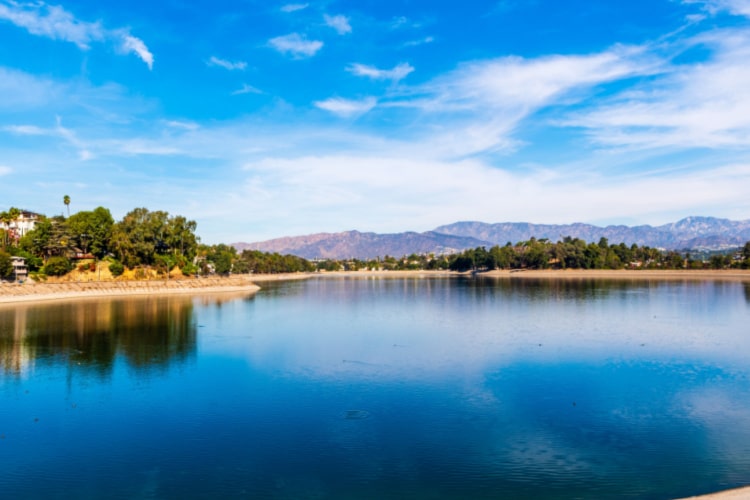
In Krakow, for example, the primary water source is surface water. There are four primary sources of surface water. The Dobczyckie Lake reservoir, 30 kilometers south of Krakow on the Raba River, supplies about 50% of the city’s drinking water.
The three other primary sources are the Sanka River in Bielany, the Dlubnia River, and the Rudawa River. Krakow also gets some of its water from groundwater in Mistrzejowice.
In Polish villages, water is less regulated. Many villagers have wells on their property, from which they draw their water. These wells are unregulated by any government body and cannot be guaranteed to meet water quality standards.
How Tap Water Is Treated in Poland
The tap water in Poland is treated the same way as in the United States. Water treatment usually consists of a multi-step process to remove sand and sediment, excess minerals, and pathogens and bacteria that can cause illness.
Filtration using various filters can remove large particulates like sand and silt, while UV light can disinfect the water, killing dangerous bacteria or viruses. The last step in water treatment in most municipalities in Poland is chlorination, which kills bacteria.
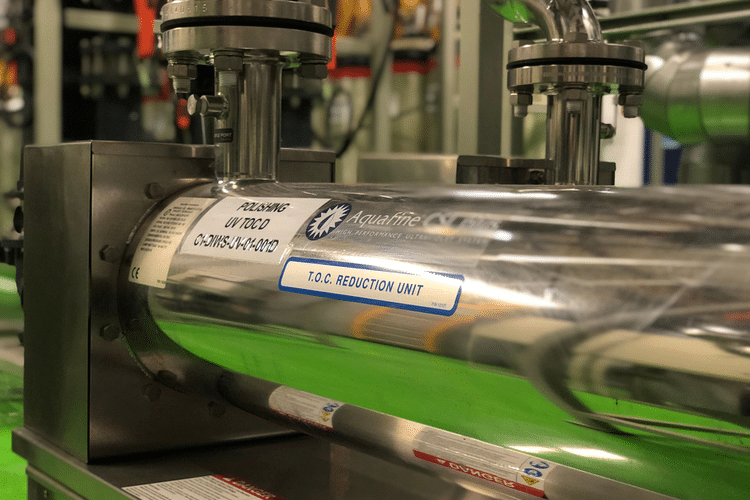
Chlorination can sometimes give the water a “funny” taste, but the chlorine levels found in tap water are perfectly safe to drink.
Is Drinking Bottled Water the Safest Option in Poland?
Bottled water may not be the best option in most polish cities. Most bottled water comes from the same source as tap water. There are no “special” springs for bottled mineral water: they are the same groundwater sources that tap water comes from.
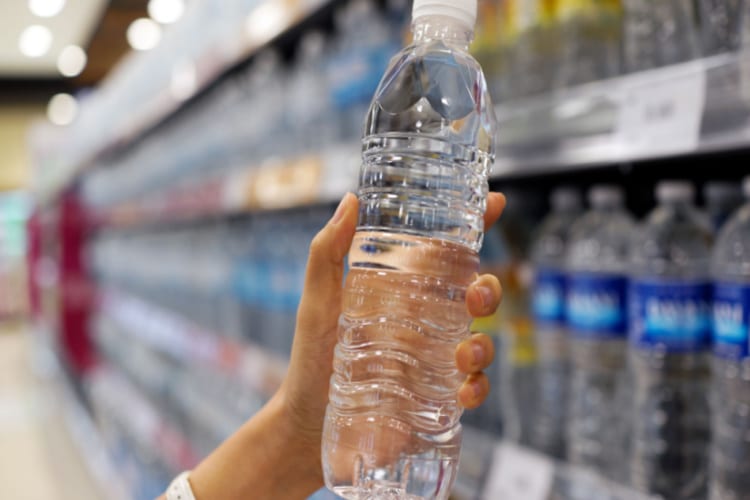
The illusion that bottled water is safer or healthier to drink is a marketing tactic employed by mineral water companies trying to sell a product. Tap water, especially hard tap water, contains just as many, if not more, beneficial minerals as bottled water.
Bottled water can even be more harmful than tap water, as the plastic in some water bottles contains compounds that can leach into the water. These compounds include bisphenols, which are ingredients that improve the plastic properties but which mimic human hormones and disrupt normal bodily functions.
Finally, bottled water is damaging to the environment. Less than 10% of plastic water bottles get recycled.
Discarded water bottles are a problem in landfills, where they break down and leach microplastics into the groundwater. The production of plastic bottles is also harmful to the environment. Additionally, bottled water is more expensive than tap water.
There are some places in Poland where it may be advisable to seek out bottled water rather than tap water. This includes villages and small rural areas where water is drawn from a well and is unlikely to have been treated. In this case, as the water is untreated and unregulated, it may be better to buy bottled water instead.
Are Water Filters Necessary in Poland?
Water filters are not necessary for Poland, however, they help if you dislike the taste of hard water or chlorine. Some cities in Poland have water with a very high mineral content, which can affect the taste of the water. A high-quality filter will remove many minerals to improve the taste of the water.
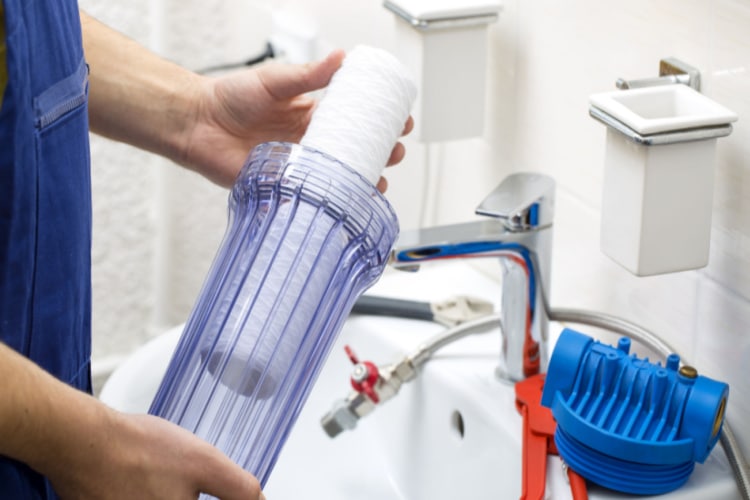
Conclusion
In summary, tap water in Poland is safe to drink in most cities. However, in some rural areas, water is drawn from a well and cannot be treated or regulated. The tap water can be very hard, which makes the taste off-putting to some people.
It is recommended that you use a water filter if you dislike the taste of city tap water and you should buy bottled water in rural areas if you are afraid of contaminants from unregulated well water.